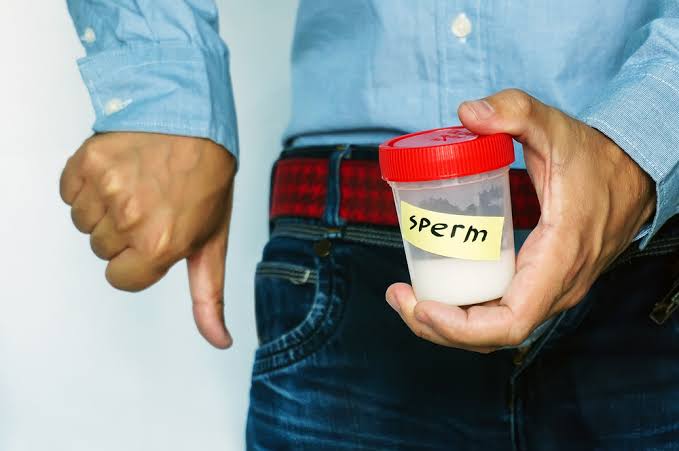New research indicates ibuprofen can control Staph aureus in laboratory settings, although the same effect was not observed when it came to drug-resistant strains of the bacteria.
Investigators from the University of Porto in portugal wanted to see what kind of role ibuprofen, the ubiquitoes non steroidal anti-inflammatory drug (NSAID) could play against Staph aureus in a bid to solve the problem and time lag encountered by clinicians in getting the appropriate drug for a particular disease.
In the research, they evaluated the interaction between ibuprofen and the biofilms of Staph aureus. The results, published in the European Journal of Medicinal Chemistry shown that NSAID had a significant controlling effect.
” The treatment with Ibuprofen promoted metabolic reductions up to 80 percent and total loss of culturability of adhered cells and 24 hour old biofilms,” corresponding author Manuel Simoes, PhD, and colleagues wrote.
Simoes wrote that ibuprofen “demonstrated moderate efficacy to remove biofilms of Staph aureus but did no display removal action against the antibiotic-resistant strains.”
While searching for reasons Ibuprofen seem deadly to the bacteria, they found out that the NSAID causes the S. aurues to loss intracellular potassium and also attacks its cell wall making it lose its contents.
The team concluded that ibuprofen holds promise as a repurposed tool against Staph aureus.
“The overall results, demonstrate that ibuprofen can control Staphylococus aereus growth with strong distabilizing and disrupting action on the cytoplasmic membrane.”
However, Saskia Popescu, MPH, MA, CIC, an infection preventionist with Phoenix Children’s Hospital and a Contagion contributor, said that, although the results of the study are interesting, success in biofilms is not proof that a particular therapy would work in a case of systemic infection in a real-world patient.
Staph aureus is a common hospital-acquired infection (HCAI). According to the US centers for disease control and Prevention (CDC), 3 in 10 people carry the bacteria in their noses without harm. Yet, when it leads to infection, S aureus can cause serious issues including pnemonia, sepsis, and heart valve issues.
Caveat: This is a research. Do not try taking Ibuprofen to cure a staphylococcus infection at home. NSAIDS are the commonest cause of upper gastrointestinal bleeding in Nigeria.
Read original article on Contagion




















